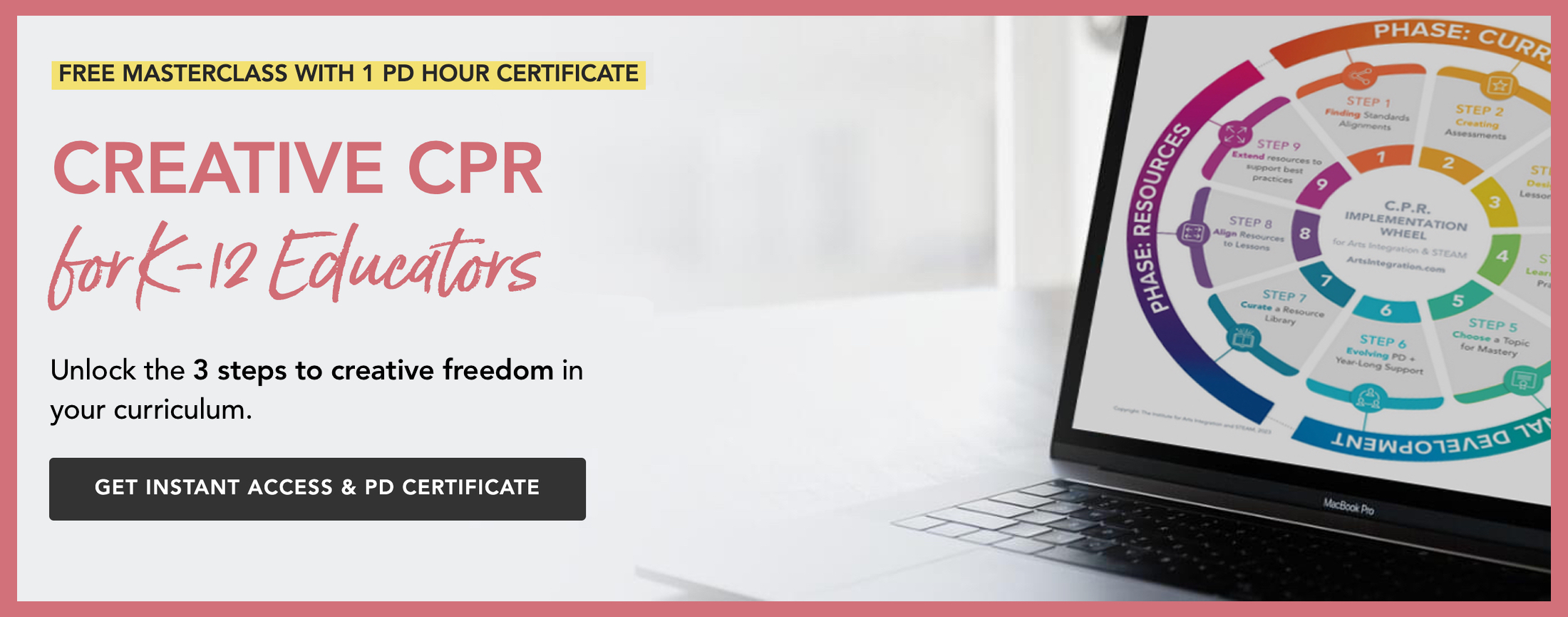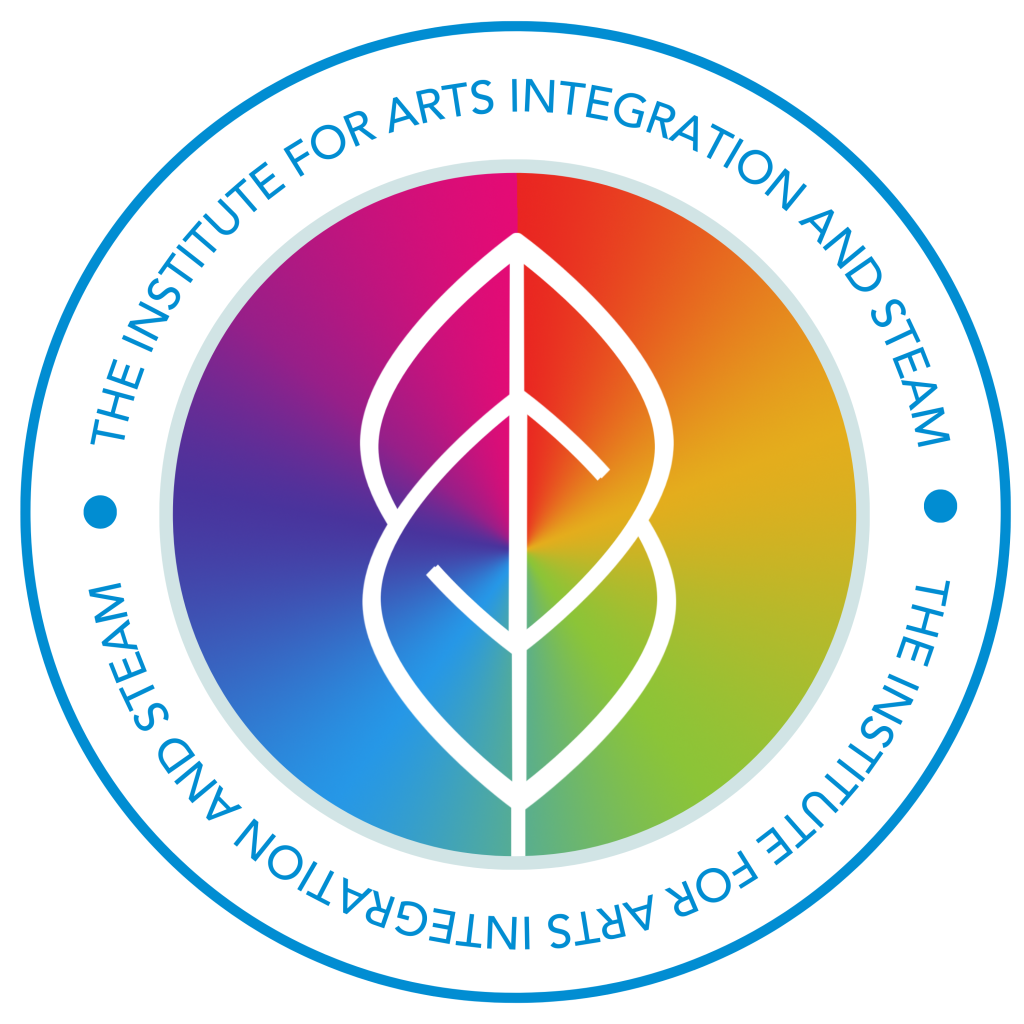Typhani Harris | February 2014
Preparing for the Test or Preparing for College: what is Common Core actually doing?
While working with my fellow WASC Accreditation (Western Association of Schools and Colleges) focus group leaders we began discussing the Common Core and the upcoming changes in education. Although, Common Core greatly moves into the realm of collaboration, and inclusive project-based learning, is this really what our students need in order to prepare for college? Moreover, Common Core optimistically promotes a real-world, situational-based approach…but before students can succeed in the real world they must succeed in college.
This got me thinking about where the changes in education: teaching, delivery, and assessment need to occur. Secondary education is now moving towards holistic, collaborative, inclusive, project-based learning, but higher education is still lecturing to the masses. Are we doing a disservice by holistically preparing our students for the new Common Core assessments, when in reality, colleges will inevitably provide lecture hall settings and lecture administering professors. Shouldn’t we be preparing them for both?
AVID (Advancement Via Individual Determination) systems span the world in Kindergarden-higher education institutions. Their mission is to “close the achievement gap by preparing all students for college readiness and success in a global society” (www.avid.org). “The AVID College Readiness System (ACRS) accelerates student learning, uses research based methods of effective instruction, provides meaningful and motivational professional learning, and acts as a catalyst for systemic reform and change” (www.avid.org).
Much of their training involves strategies for teaching and learning, as well as organizational skills and goal setting. These philosophies are now translating into our newly adopted Common Core. Although the Common Core initiative claims to promote career and college readiness, I can’t help but wonder if we are actually preparing our students for college?
While I am a proponent of the Common Core and the transition to a new way of teaching and learning, I am uncertain that the colleges and universities are following suit? Additionally, as a supporter of AVID strategies such as 10-2-2 (see my article: Cutting the Cord, 1/13/2014) and focused note-taking (to be published 2/17/2014), I am concerned because AVID strategies are only present in a mere 28 colleges and universities in the United States. Essentially, our colleges and universities are still maintaining an archaic method of teaching, involving lecturing for hours and administering culminating exams. So, as K12 moves into the Common Core way of delivery and assessment, our colleges are remaining static.
Which begs the question, are we actually fulfilling the Common Core mission of college readiness? As we move into this new age of preparing students through project-based learning and situational understanding, it is vital that our students still experience the simulation of a lecture hall setting. We must offer our students the opportunity to embrace and understand how lectures work in college, as well as prepare them with opportunities and strategies for note-taking and content retention in such an environment.
In essence, although I am a huge supporter of the Common Core expectancy of knowledge delivery, which involves a more inclusive philosophy of content, I understand that the traditional lecture method still exists in our colleges, and that is what our students will encounter when they leave us. Our students need to be prepared for this situation as they encounter higher education and we need to to be the origin of how they master comprehension in that particular environment.
Ironically, as I was working on this article, my mom stopped by. She is an AVID coach and recently attended a training where she learned about the infusion of AVID strategies all over the country in primary, secondary, and higher education. Then she shared with me some very poignant information (aren’t moms great)! EPIC online, or Education Policy Improvement Center, published an actual definition of college and career readiness. Through empirical research, as well as on-the-ground research, EPIC (2012) provided a quintessential definition for college and career readiness. Conley (2012) provides four keys to college and career readiness:
1. Key cognitive strategies
These are the necessary ways of thinking when it comes to college work. They involve: “formulating hypotheses and developing problem solving strategies, identifying sources and collecting information, analyzing and evaluating findings or conflicting viewpoints, organizing and constructing work products in a variety of formats, and monitoring and confirming the precision and accuracy of all work produced” (¶ 5).
2. Key Content Knowledge
This knowledge is the foundational understanding of a specific subject, or the “big ideas”. Conley (2012) discussed the technical knowledge and skills needed as well as the association with aspirations. When knowledge is a perceived value it will be learned and retained.
3. Key Learning Skills and Techniques
For this section, he announced two major categories; “student ownership in learning” and “specific learning techniques”.
4. Key Transitions Knowledge and Skills
His final “key” involves the necessary information in order to “transition to life beyond high school” (¶8). This includes knowing the right classes to take now for acceptance in college, understanding financial needs, being focused on a specific trajectory, understanding expectations and norms of colleges and the workforce, and knowing how to promote themselves.
As I went through his article, Conley (2012) expressed the multiple ways of achieving these keys through academics… and, guess what… they all align with the new common core! So, although I do believe that we still need to prepare our students for their inevitable meeting with the traditional lecture hall setting, this article gave me a new perspective and a tangible definition of college and career readiness. We are moving in the right direction, however, colleges will never do away with large lecture hall sessions and the reality is our students will inevitably encounter that setting, so we must prepare our students and equip them with strategies that will allow them to flourish in the traditional post secondary environment, not just the new Common Core.
Conley, D.T. (2012). A Complete Definition of College and Career Readiness. www.epiconline.org
Next Week: Teaching Strategies
Focused Note-Taking: it’s not the note-taking, it’s the note-making that counts
This strategy will not only help prepare students for annotating informational test and actively participating in the Smarter Balanced class discussions, but will assist them in college readiness by being prepared to attend collegiate lectures.



